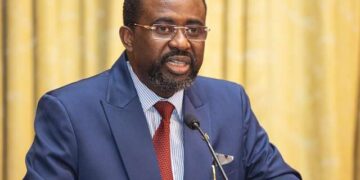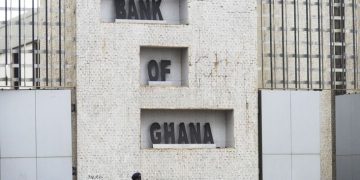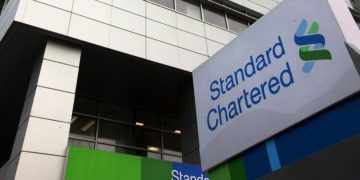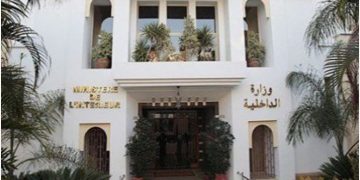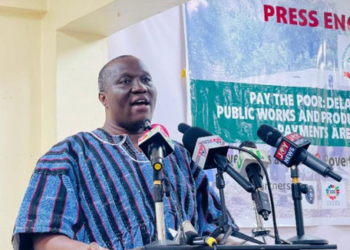The Kenitra-Marrakech High-Speed Rail Line (HSL), launched by His Majesty King Mohammed VI on Thursday, will constitute a major new lever capable of supporting the national economy at all levels, affirmed the Minister of Transport and Logistics, Abdessamad Kayouh.
In a press statement on this occasion, Mr. Kayouh explained that this structuring project will reduce travel times between some of the Kingdom’s major cities, with a time saving of up to 70% compared to current travel times.
This large-scale project will streamline citizen mobility, better connect major cities, including Rabat, Casablanca, and Marrakech, and serve some of the Kingdom’s main airports, he said.
Kenitra-Marrakech High-Speed Rail Line Will Place Morocco Among the Countries with the Longest High-Speed Networks
The Director General of the National Railways Office (ONCF), Mohamed Rabie Khlie, indicated that the Kenitra-Marrakech High-Speed Rail Line will place Morocco among the countries with the longest high-speed networks in the world, with a length of 630 km.
In a press statement, Mr. Khlie stated that the construction of this railway line is part of the major projects carried out under the leadership of the Sovereign, noting that the railway sector has experienced a significant leap forward over the past twenty years, both in terms of investment and performance, which has enabled the Kingdom to position itself among the pioneering countries in this field.
In this context, the Director General of ONCF highlighted the implementation of numerous railway projects with a strong socio-economic impact, led by the Al-Boraq train, which has quickly established itself as an efficient means of transportation, with passenger numbers increasing from 3 million in 2019 to 5.5 million in 2024.
The total number of passengers, across all types of trains, reached 53 million last year, Mr. Khlie said.
Al Boraq, the first high-speed train on the African continent, launched by His Majesty King Mohammed VI in November 2018, is a symbol of performance and commitment to sustainable mobility with a strong socio-economic impact.
Thanks to its various positive impacts, the high-speed train has proven to be an innovative solution and a natural choice to boost the national transportation system, strengthen multimodality, and preserve the environment.
Al Boraq, running on clean energy, plays a central role in strengthening national economic integration. By connecting Casablanca to Tangier in record time, it brings together two vital centers of the Moroccan economy.
Since its entry into service, the Al Boraq train, linking Tangier to Casablanca, has significantly improved rail service, while providing greater comfort and safety for train users.
The new Kenitra-Marrakech High-Speed Line is thus in line with the continued development of the Kingdom’s rail network and has established itself as the most efficient and sustainable mode of passenger transport over medium and long distances.
Construction work on the Kenitra-Marrakech High-Speed Line will be carried out according to the established schedule, assured Khalid Khairane, Director of the High-Speed Line Projects Division at the National Railways Office (ONCF). In a press statement, Mr. Khairane affirmed that work on this line will be carried out according to the established schedule to be ready for the 2030 FIFA World Cup, a major event that the Kingdom is preparing to co-host with Spain and Portugal.
“We are now preparing to begin work, knowing that during 2024, we have awarded all construction contracts,” he explained, recalling that all studies relating to this project, which began in 2022, have been completed and that three-quarters of the land required for the construction of this high-speed line has been acquired.
The high-speed line project will feature trains equipped with cutting-edge technologies offering the highest standards in terms of safety and comfort, indicated Luciano Borges, Director of the Equipment Division at the National Railway Office (ONCF). The ONCF has launched a program to acquire 18 latest-generation high-speed trains (320 km/h) with a capacity of 641 seats, which will be supplied by the French manufacturer ALSTOM, the official explained.
The acquisition of this fleet will allow the company to expand from a current fleet of twelve trains to a total fleet of thirty, he explained.
Other than the very high recyclability criteria required for these trains (+97%), he added that the process of selecting manufacturers allowed for the establishment of sound partnerships for controlled maintenance by developing adapted industrial tools.
Mr. Borges also stated that existing industrial capacities in Morocco will be mobilized to better equip the new high-speed trains, which will have an industrial and social impact as well as a considerable effect on the environment by shortening supply chains.


